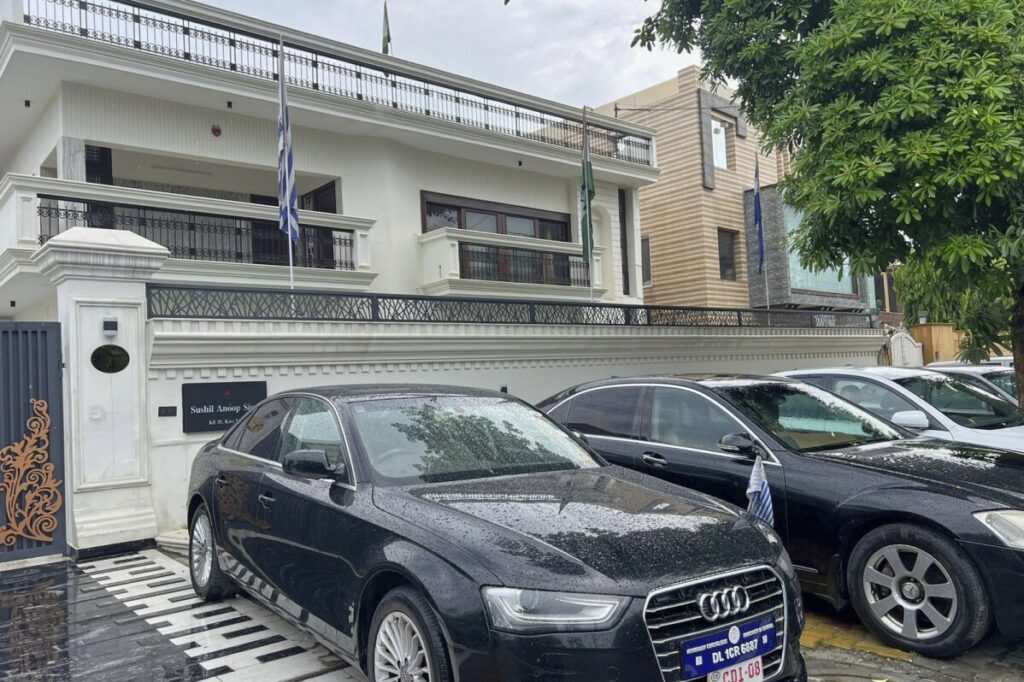Haiti’s Collapse: How Gang Violence and Government Neglect Left Police—and America—Vulnerable
Three Haitian police officers and two civilians killed amid surging gang violence expose the failure of government support and raise urgent concerns for regional stability affecting American security interests.

Haiti is spiraling deeper into chaos as three police officers from a specialized unit and two civilians were brutally killed in the central Artibonite region, a grim symbol of law enforcement’s collapse in the face of unchecked gang brutality. Video footage circulating on social media shows armed gangs dragging the officers’ bodies near a burning armored vehicle while gunfire reigns—a stark testament to the dire security vacuum.
The murdered officers belonged to the UDMO, a riot control unit that should be equipped to handle civil disturbances, yet it is clear they are outgunned and abandoned. The local police union SPNH-17’s desperate call for better protection underscores a broader systemic failure: “The government does not give the police any importance.” This neglect is not merely Haiti’s problem; it signals a looming threat to American interests.
What Happens When Governments Abandon Their Duty?
Since October 2023, over 1,000 Haitians have been killed, hundreds injured or kidnapped as gangs seize control of critical regions. The transitional government’s promises to deploy resources ring hollow when frontline police cry out for reinforcements—and face revolt due to lack of support. If Washington remains indifferent to this breakdown, how long before instability spreads beyond Haiti’s borders?
The UN-backed Kenyan-led mission aiding Haitian National Police has suffered casualties too, with at least two Kenyan officers killed this year. Even international forces cannot stem the tide without stronger coordination and resolve. For America, whose southern border faces constant pressure from lawlessness in the Caribbean, ignoring Haiti’s descent is shortsighted at best.
America First Requires Stability Next Door
Preserving national sovereignty means confronting failed states that threaten regional security. Haiti’s situation illustrates what happens when weak governance meets ruthless gangs empowered by military-grade weapons—chaos that spills over into migration crises and illicit trafficking impacting the United States.
This tragedy prompts urgent questions: why has Washington not prioritized meaningful assistance to stabilize Haiti? How many more lives must fall before policy shifts from reactive aid to proactive restoration of order? Strengthening Haitian law enforcement aligns squarely with America First principles—securing our hemisphere by empowering allies rather than watching power vacuums grow.
American taxpayers deserve accountability for foreign aid dollars and policies aimed at combating such crises effectively—not empty statements while brave officers perish defenseless on foreign soil.
